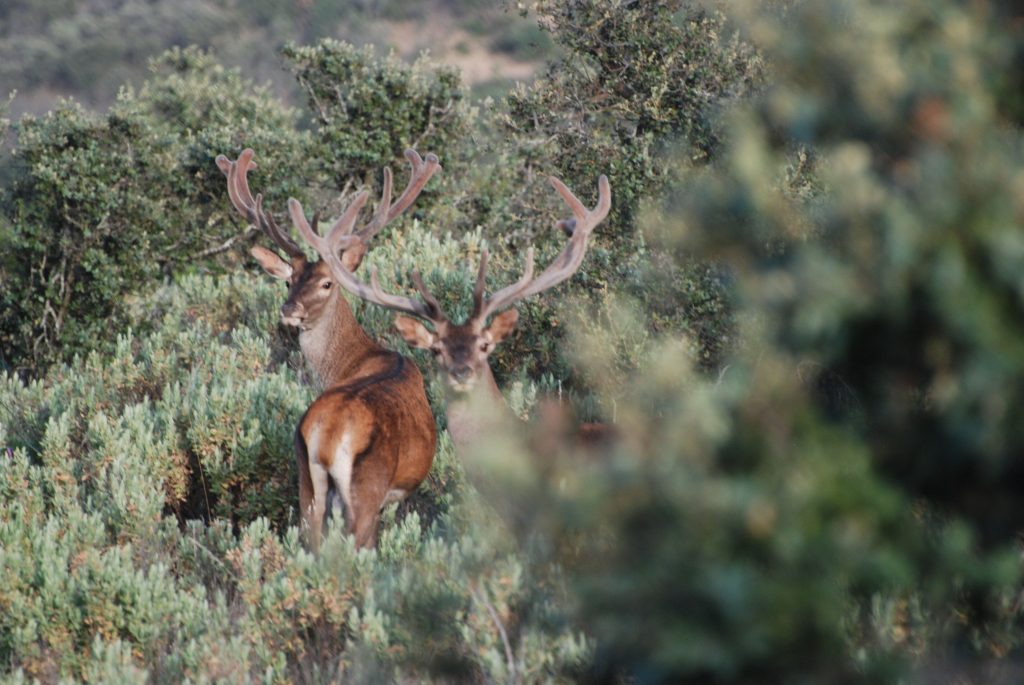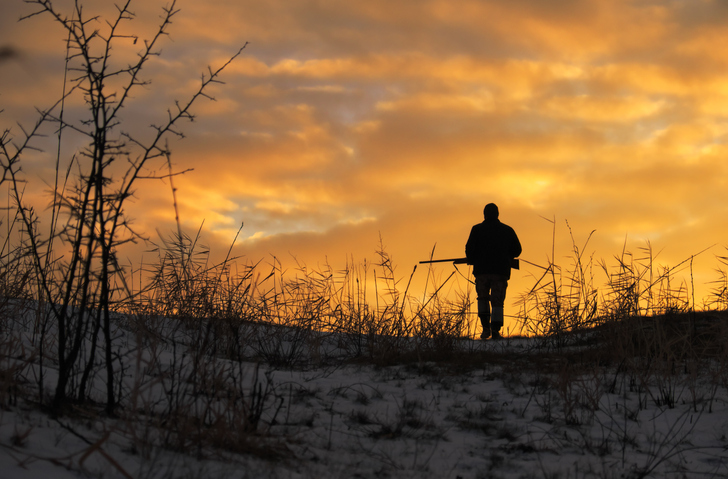Hunting accounts for 0.3% of Spanish GDP
If you say you are going on a trip to enjoy some venatic sports, many people will wonder what exactly you’re going to do.
This unusual term doesn’t offer any clues, but if you say ‘hunting tourism’ then everything changes. Many people will turn up their noses. Killing animals for any reason is not something you usually boast about, and if you call it a ‘sport’ then people can have even greater reservations.
Whether or not you are a fan of hunting tourism, it is legal, creates an impressive amount of wealth and many places in the world live from it.
Defenders of the sport argue that, when carried out in a controlled way, hunting helps to maintain the population levels of certain species and allows communities in hunting areas to thrive. One such example is Finca La Nava, which we recently visited.
If you look at the numbers, Spain is the second country in Europe for hunting licences, with around 850,000 issued, a figure that is only topped by France. Spain is also a leader in terms of game reserves, with around 33,000 on the Iberian Peninsula.
It is difficult to imagine the scale of the infrastructure that this type of tourism requires. This includes everything related to logistics, awarding licences, and checks on the companies that offer hunting packages.
Data
According to a study by Deloitte on social and economic impact, hunting accounts for 0.3% of Spanish GDP, a figure that might seem small at first, but is similar to the amount generated by total net wine sales. The study placed the sector’s employment figures at 187,000, which is 1% of the working population in Spain.
The average hunter has a university degree and net earnings of around 2,000 euros per month, while spending an average of 2,300 euros on game reserve access. It is estimated that around 800,000 in Spain go hunting, which would make it the third most popular sport after football and basketball.
The employment opportunities related to the sector go to people with a basic level of education in 7 out of 10 cases, which defenders of the sport see as an important boost to workplace integration.
According to the aforementioned Deloitte study, 87% of the country can be used for hunting, with Castile and Leon the region with the highest percentage of land dedicated to the sport.
As reported by Deloitte, around 800,000 people go hunting every year, 334,000 of whom have a Spanish Hunting Federation licence. This makes hunting the third most popular sport in Spain after football and basketball.

The sector argues that hunting provides a boost to rural areas, with around 300 million euros spent on repopulating species in game reserves, road maintenance, and more.
Hunters are the most visible figures in the sector and the ones who spend the most, but there are many other positions linked to the sport. Game reserve owners, professional hunt organisers, hunting dog owners and stakeholders from the meat industry are just a few.
Difficulties facing the hunting industry
When talking about hunters, it is important to differentiate between the national and international markets. The latter has a much bigger economic impact, and it is estimated that up to 25,000 people visit Spain every year, spending up to 6,000 euros for a couple of days of luxury hunting.
The NGO Fundación Artemisan regrets that the hunting industry has faced multiple setbacks since it opened up to tourism from outside Spain, including hours of wait time at Madrid airport due to insufficient staff to check guns or gun licences—often Spanish legislation is incompatible with other countries and licences are invalid for tourists.
Animal rights activists, as well as political parties such as PACMA and Podemos, would like to put an end to hunting, while hunters themselves believe they are “environmentalists” who help to control, maintain and prevent the extinction of certain species.
In addition, the sector argues that hunting provides a boost to rural areas, with around 300 million euros spent on repopulating species in game reserves, road maintenance, and more.
Hunting fans often complain that they are judged by society, which they put down to a lack of knowledge about the sport. This means that many hunters now hide their activity, or at least don’t boast about it. As a result, the platform myhuntbook.net/es/ allows people to upload photos without fear of being criticised.
This sector of the tourism industry is going through difficult times. Increasingly, members of society are becoming more aware of the need to treat the world’s flora and fauna with greater care and respect, a philosophy that doesn’t combine well with hunting, at least at first glance.
But the very same argument is used by hunters, who argue that they are essential to protecting certain species.






